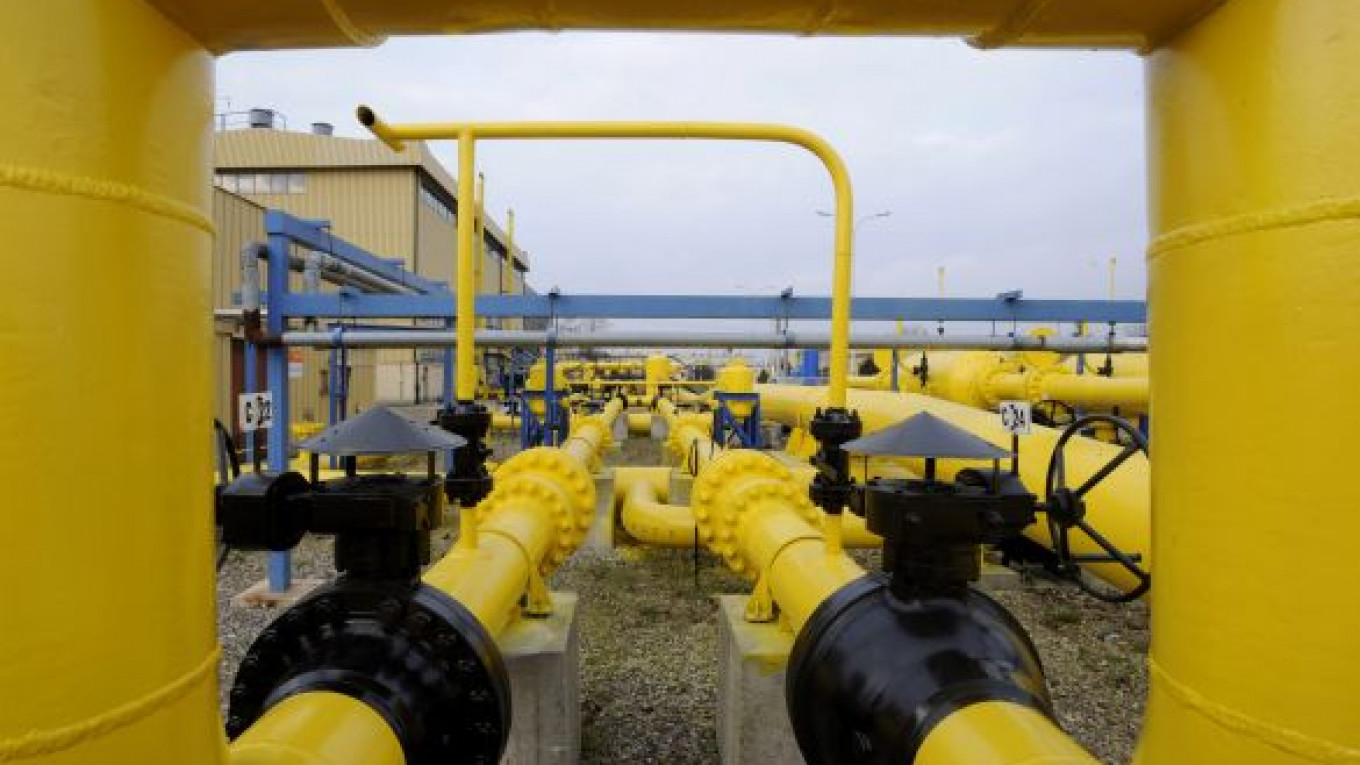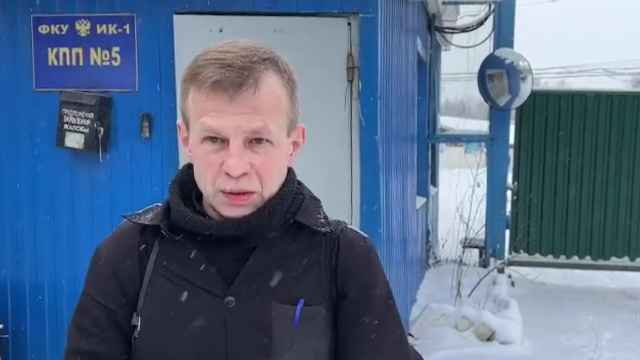WARSAW — Poland and Russia signed a gas supply agreement Friday in Warsaw following almost two years of negotiations, increasing deliveries by as much as 38 percent.
Under the new deal, Polskie Gornictwo Naftowe i Gazownictwo, Poland’s dominant gas company, will be able to buy as much as 10.2 billion cubic meters a year from Gazprom. This increased the volume from 7.45 bcm in the previous contract, PGNiG said in a statement.
PGNiG values the agreement at about 8.5 billion zloty ($2.94 billion) annually at current prices, on which the contract is based. The company said it might save as much as $250 million by the end of 2014 if it uses the full discount offered by Gazprom.
Poland, which will use about 14 bcm this year, will buy 9 bcm of the fuel from Russia in 2010 and 9.77 bcm next year, PGNiG said in the statement. For the remaining part of gas needs the country relies on domestic resources and imports from Germany.
"Transit through Poland is guaranteed until 2019, but in the agreement we have also signaled a possibility to prolong it until 2045," Polish Deputy Prime Minister Waldemar Pawlak told a joint news conference with his Russian counterpart, Igor Sechin.
Gazprom deputy CEO Alexander Medvedev and PGNiG's Michal Szubski signed a parallel deal between the companies.
The companies will negotiate further on arrangements for Russian gas to transit Polish soil to Western Europe after 2019 and for further deliveries to Poland.
"We are also positive on solving the issue of gas deliveries [to Poland] as well as gas transit even after this Yamal contract expires," said Sechin, who is the government's top energy official.
Sechin also said the agreed price formula allowed price discounts for Poland if it took more gas.
"I have also proposed that Poland takes part in the construction of the Baltics nuclear plant in … Kaliningrad and we have also discussed sending electricity from Kaliningrad to Poland," Sechin added.
Both governments and the companies have been negotiating the contract since February 2009, when RosUkrEnergo, a gas trader 50 percent owned by Gazprom, stopped deliveries to Poland following a dispute between Moscow and Kiev. RosUkrEnergo was contracted to ship 2.3 bcm a year to Poland.
The previous arrangement between Poland and Russia expired Oct. 20.
Gazprom and PGNiG already reached an agreement on the contract in January this year but its signing was delayed after the European Union said it was assessing the deal’s compliance with EU rules on pipeline management, access for third parties and pricing.
Poland, keen to reduce its energy reliance on Russia, has been hoping to develop its own resources of shale gas using new technology.
The country is building a liquefied natural gas terminal on the Baltic Sea, which will be able to process as much as 5 bcm a year, starting in 2014. Additionally, it counts on its shale and tight gas resources, after it sold about 60 exploration licenses to companies including ExxonMobil, Chevron and Marathon Oil.
But Sechin said Poland would continue to need large supplies from Moscow.
"There is no real alternative to big gas deliveries even in the more distant future," he said.
Poland says under the new contract the Yamal pipeline operator EuroPolGas would inform its Polish counterpart Gaz System of free capacity in the pipe, which Gaz System would then make available in open tenders — addressing the EU concerns over access.
But the European Commission says it has not seen the final agreement between the operators so cannot yet give its opinion.
"The deal is fully in line with both European and Polish law and the Commission has not asked us in any formal way to see it. Also, there are business secrets we would not be able to reveal," Gaz System head Jan Chadam said.
(Bloomberg, Reuters)
A Message from The Moscow Times:
Dear readers,
We are facing unprecedented challenges. Russia's Prosecutor General's Office has designated The Moscow Times as an "undesirable" organization, criminalizing our work and putting our staff at risk of prosecution. This follows our earlier unjust labeling as a "foreign agent."
These actions are direct attempts to silence independent journalism in Russia. The authorities claim our work "discredits the decisions of the Russian leadership." We see things differently: we strive to provide accurate, unbiased reporting on Russia.
We, the journalists of The Moscow Times, refuse to be silenced. But to continue our work, we need your help.
Your support, no matter how small, makes a world of difference. If you can, please support us monthly starting from just $2. It's quick to set up, and every contribution makes a significant impact.
By supporting The Moscow Times, you're defending open, independent journalism in the face of repression. Thank you for standing with us.
Remind me later.






